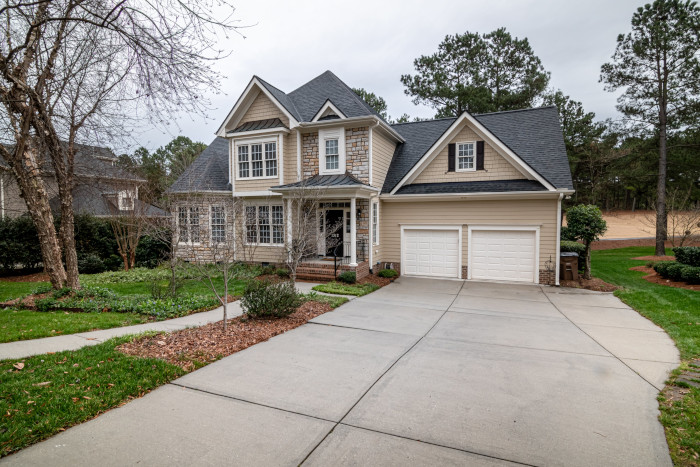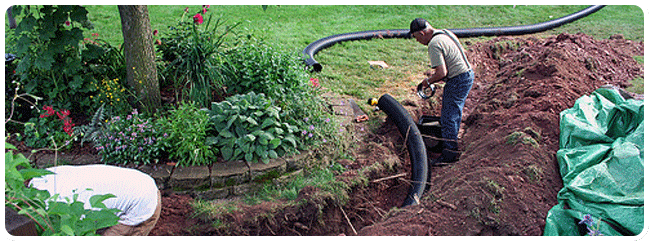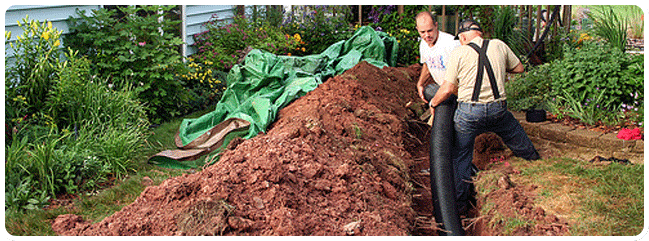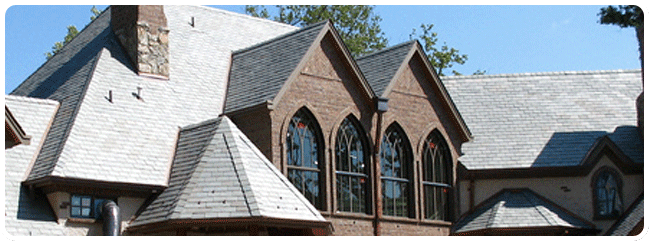The curb appeal of every home is very important because it can be the major selling point someday. However, it is sometimes the most neglected area and the material used hasn’t been carefully planned out.
If you want to give your driveway an overhaul or haven’t started on it yet, then we have material recommendations that won’t only look good on it but also function as it should. They will also be a good investment because interested buyers will consider your home on their list.

Here are the materials that are the best options for your driveway:
1. Asphalt
Asphalt is less expensive than concrete or pavers, costing an average of $5 to $7 per square foot. Asphalt driveways typically last 15 to 20 years, though regular sealing and patching can extend this life somewhat. It is a higher maintenance paving surface than concrete and is susceptible to softening on hot days and cracking due to tree roots, but unlike concrete, it can be relayered when it needs repair.
Asphalt surfaces consist of a mixture of sand, aggregate, and a tar-like liquid, sometimes called bitumen. which is heated and then laid over a 4- to 8-inch layer of compactable gravel that provides drainage and a solid base. Its disadvantage is that it is not a DIY-friendly material (at least for the initial installation), and site preparation, such as removing an old driveway surface, adds to its cost. Source: The Spruce
2. Concrete
A concrete driveway is versatile, durable, low-maintenance and cost-friendly in the long term, making it another popular choice, but one that is suitable for any part of the country. The design of a concrete drive can be simple and traditional (as pictured) or made elaborate with color, texture, and decorative flourishes.
3. Pavers
A paver driveway can be a big boost to curb appeal; an enormous array of design choices are readily available. Although it’s more expensive than some other materials to install, a paver driveway carries relatively low long-term maintenance costs and can last 30 to 40 years. Source: Bob Vila
4. Turf
More of a combination driveway than a straightforward grass driveway, this driveway option generally integrates grass with permeable pavers or concrete blocks. The result is an aesthetically pleasing entryway to the garage. However, turf driveways are not suitable for regions that regularly receive snow or drought.
5. Brick
There’s a reason you see brick driveways with historic homes: This nearly indestructible driveway material can last lifetimes. Not surprisingly, those upsides come with a steeper upfront price for the materials and installation. With limited maintenance and a high-end look, however, brick can be a compelling option for many homeowners.
6. Gravel
The biggest selling point of gravel as a driveway material is the price point: Costing an average of $1 to $2 per square foot to install, it is a fraction of the cost of a paver, brick or even concrete driveway. That makes gravel an especially attractive option for homeowners with long driveways—which is why gravel driveways are nearly ubiquitous in rural areas. The gravel should be maintained regularly and replaced every few years. Source: Forbes
If are interested in getting any of these materials used for your driveway project, then we can help you with it. Give us a call today!
Contact:
Kerrisdale Roofing & Drains
168 W 71st Ave, Vancouver, BC V5X 4S7
(604) 360-2114



















